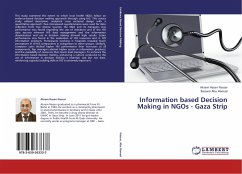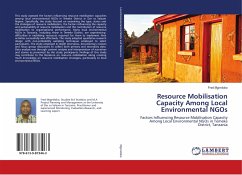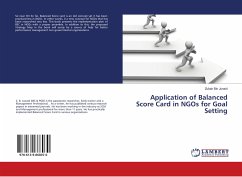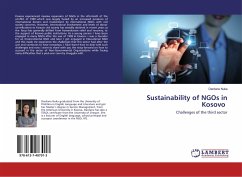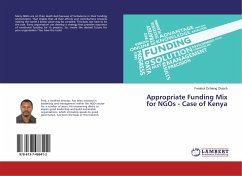This study examined the extent to which local health NGOs follow an evidence-based decision making approach through using HIS. This census study utilized descriptive, analytical cross sectional design with a quantitative approach. Two interviewed questionnaires were used for data collection from two diverse sources; the NGO and its managers. Low performance was found regarding the use of indicators and in the HIS data sources whereas HIS data management and the information dissemination and use in decision making showed high results. Lesser performance was found in the evaluation of HIS resources and in HIS information products. Participants working in hospitals revealed lower perceptions in all HIS components in comparison to other groups. Similarly, computer users elicited higher HIS performance than non-users at all components. Top managers elicited higher scores in information products and the availability of resources than lower level managers. To enhance the information based decision making, enhancing a culture conducive to the use of information in decision making is essential. Last but not least, reinforcing capacity building skills in HIS is extremely important.

